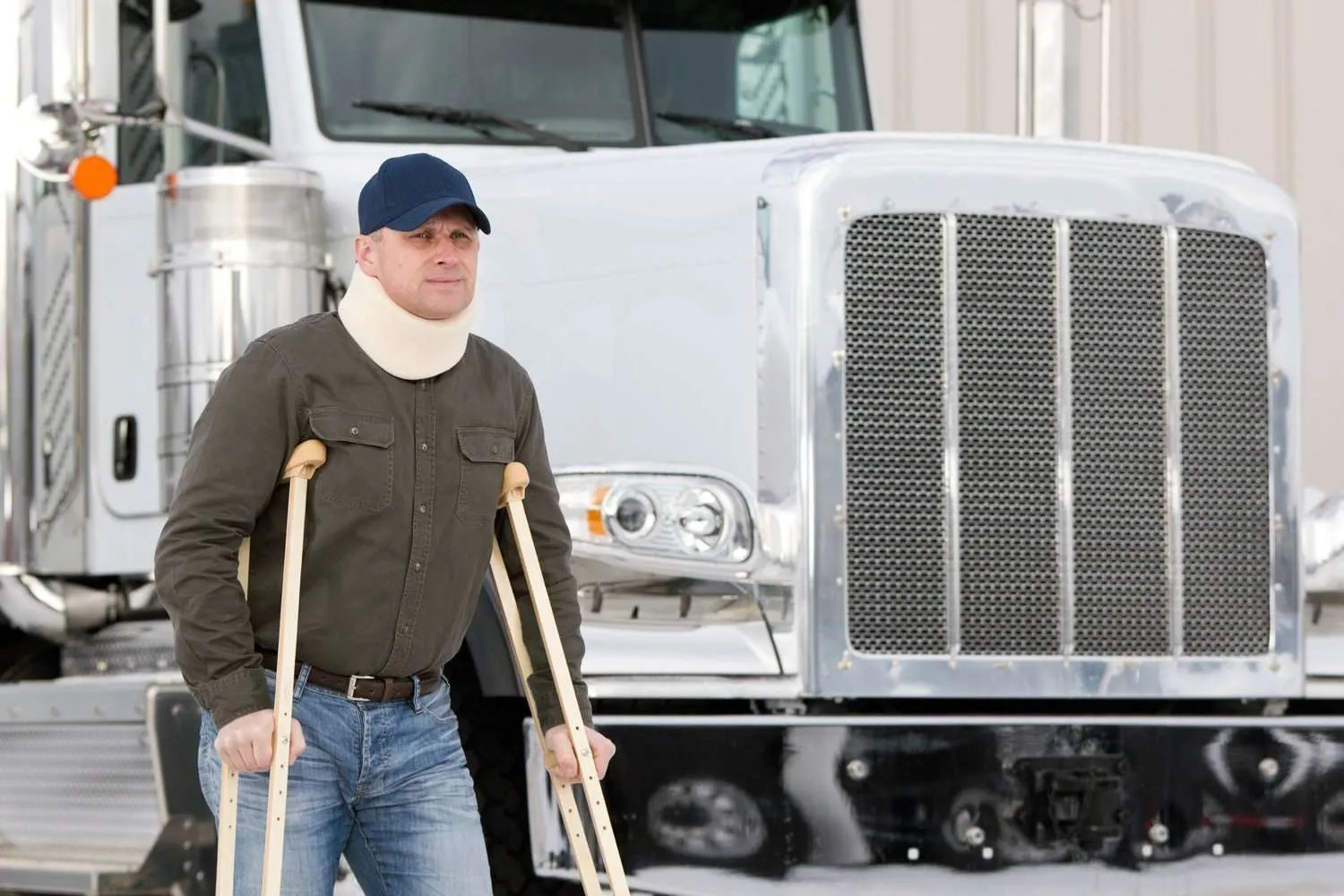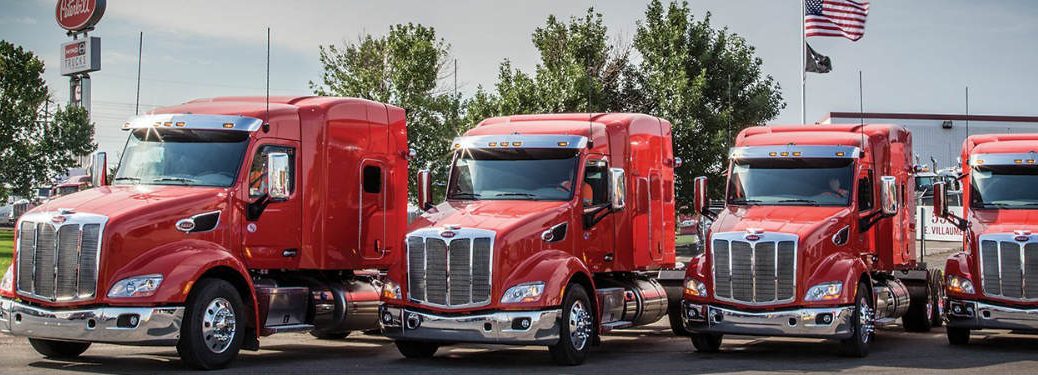If you are moving across the country or the continent, you may be wondering whether you should sell your old car or drive it to your new home. There are ten main considerations that can make or break your decision. Here’s what you should know.
- Negative Equity
Are you making car payments? You definitely need to know how to sell a car with a loan. You don’t want to sell your old car if it has negative equity. That’s when the selling price is less than the loan amount. You should only consider selling the car if you have positive equity.
- Dangerous Condition
Let’s say that you own the car outright. Unfortunately, you have been pouring money into this car to keep it running or you foresee some major expenses just around the corner. The most economical thing to do is to sell it. You don’t want a busted engine gasket to ruin your move. Trading in your car to a dealer may be a smart idea. The cash can help you pay for a new one when you get to your destination.
- Benefits of Driving vs Flying
The benefits of driving are the freedom to pack everything you need. It is likely to take about the same time as the moving van. You can see the sights on the way and arrive in time to move in.
If you fly, can you get close to your new home without extra expenses? If so, can you get an inexpensive ticket that still allows you to carry one or two suitcases? You want to bring essentials with you and avoid unnecessary costs.
- Pet Travel
If you drive, you can take your pets with you. There will be some hurdles with finding the right hotels, however. On the other hand, if pets travel by plane, you may pay extra for vet visits and shots as well as the travel fee.
- Insurance Costs
How will your insurance change when you move? A new state may mean a much higher premium. You may want to sell your car and start all over with one that will have better insurance rates.
If you can go without a car for a month or more, you will save money on insurance payments that can be used toward buying your new wheels.
- Towing the Car
Perhaps you plan to tow your car. However, most vehicles will not tow flat. Generally manuals will tow flat, and the majority of automatics won’t. You should do some research to see if your automatic car or SUV can tow flat. If it can’t, it would be severely damaged to tow it this way.
Furthermore, how will you tow it? It can be hard enough to drive a small moving truck across the country. Do you want the hassle of towing a car behind it? On the other hand, perhaps you have a large Ford F150 pickup that can do the job. If you are experienced at trailering, then flat-towing a car will be quite easy for you.
How will towing affect your insurance? If something happens to the car during the tow, will your regular insurance cover it or do you need to pay for gap insurance?
- Sending Your Car by Train
If you have the option of sending your car by train, should you do it? Well, it protects the car, but why pay to move it if you just plan to sell it on the other end?
- Car Registration Fees
Will there be any problem with registering your car? There may be environmental standards that your old car can’t meet. The new state’s Division of Motor Vehicles should have the answer. If your car won’t meet the standards easily, you probably need to sell it.
When you get your old car to your destination, you may have only 60 or 90 days to switch over your license plates. If you still want to sell it, do it fast. That will save you money on registration fees.
- One-Way Car Rental
The alternative to driving your own car or flying is to secure a one-way car rental. In addition to the expense of this rental, you will have the expense of hotels, meals, and fuel along the way. However, you won’t put miles on a car you just bought nor will you be worrying about your old car breaking down.
- A New Car
One final idea is to purchase a new car first. It may be easier to get a loan before you move than when you are establishing residency elsewhere. Perhaps it will save you money over purchasing one at your destination. You can use the internet to compare prices and to get information about taxes.
However, it will need to be a car with a warranty. Preferably you can afford a new car or low-mileage used car. You don’t want to get rid of one old car and end up with the same problems in the used car you just bought.
With all these ideas to consider, hopefully you can make the best decision about whether to drive your old car across the country. Best of luck on your big move!



